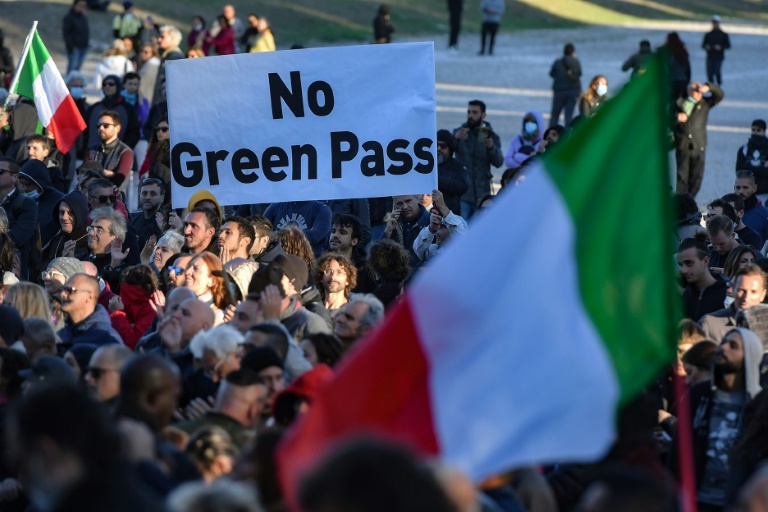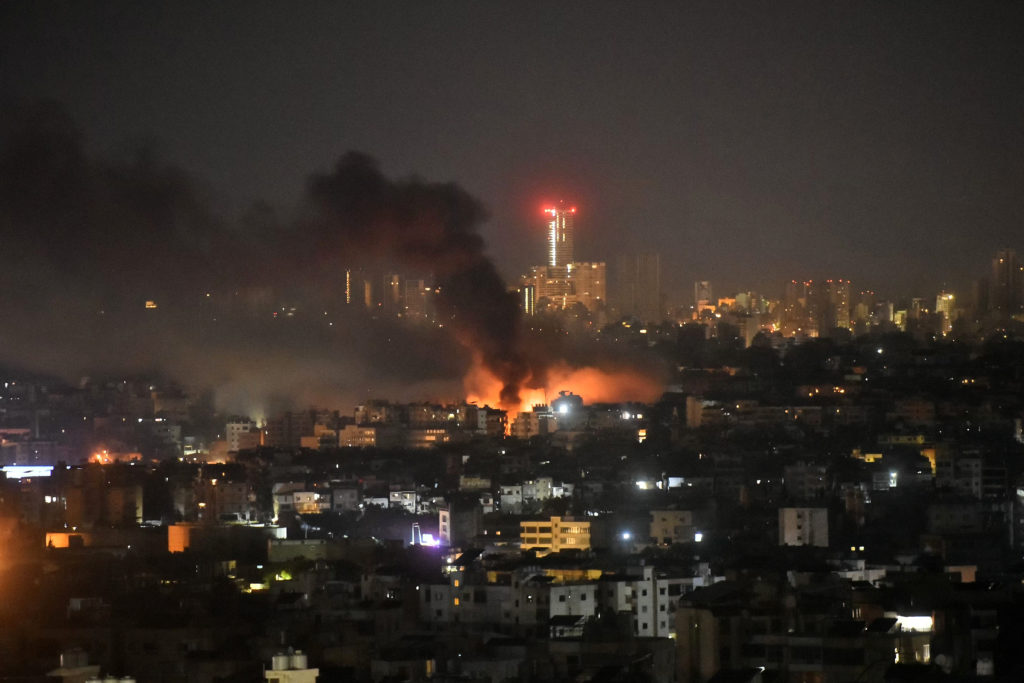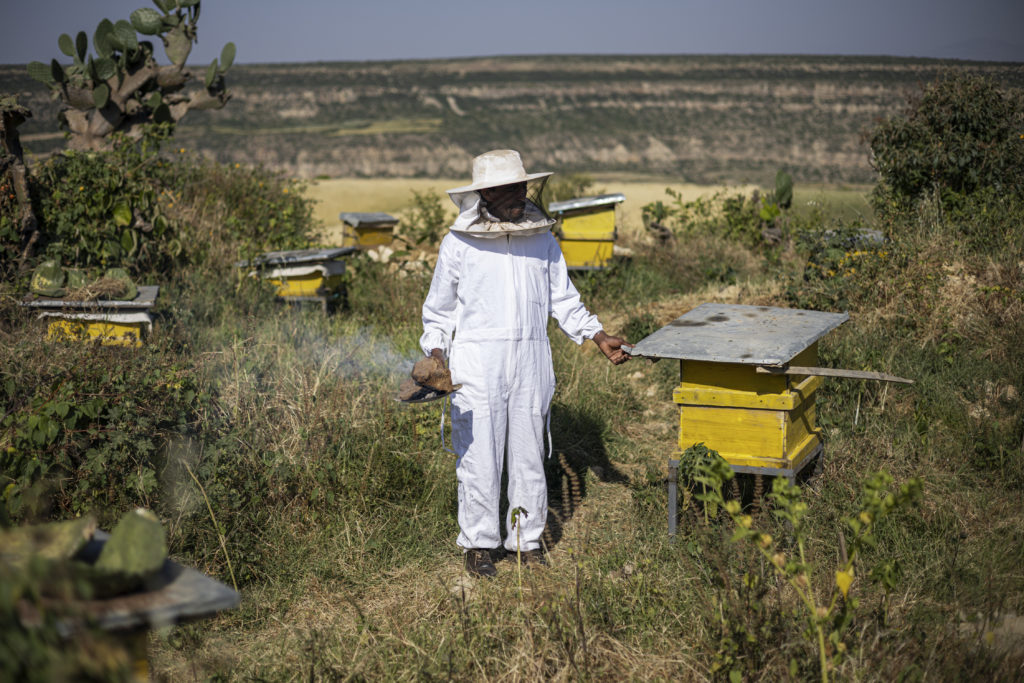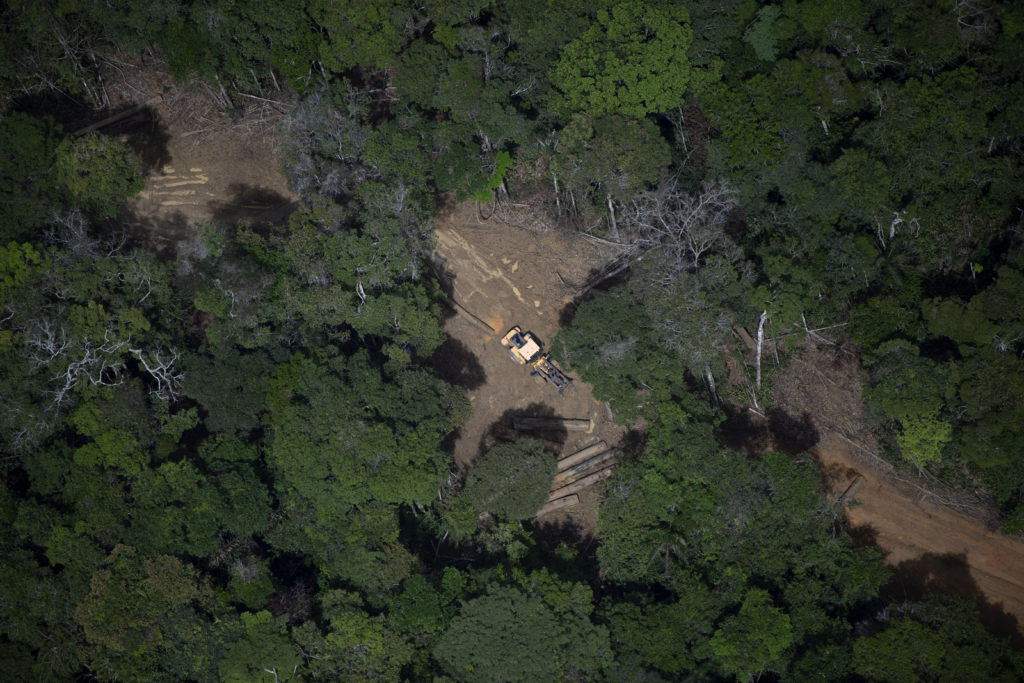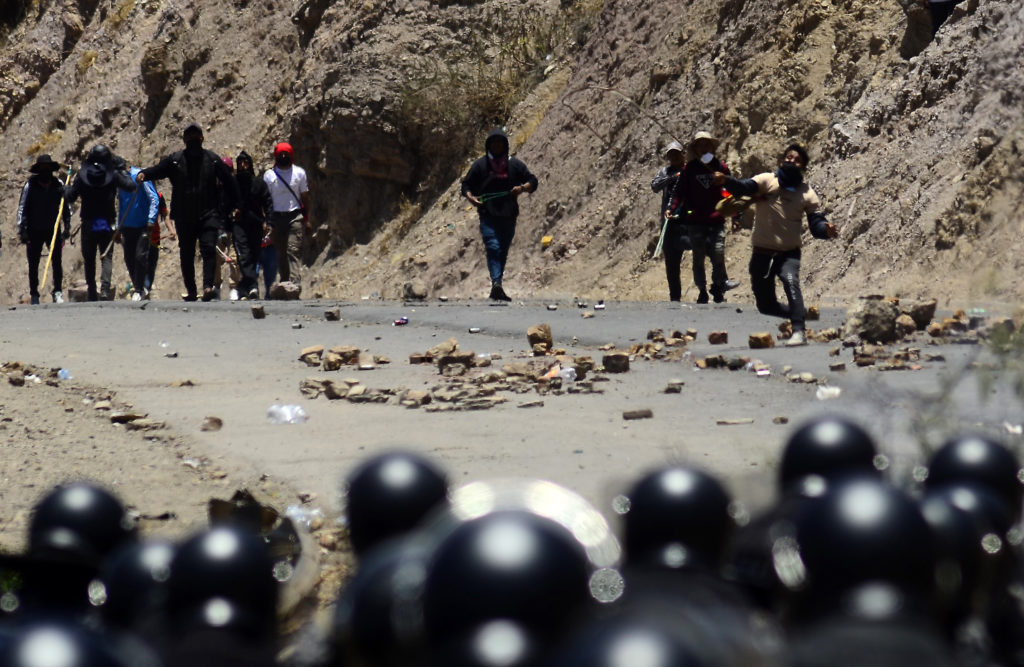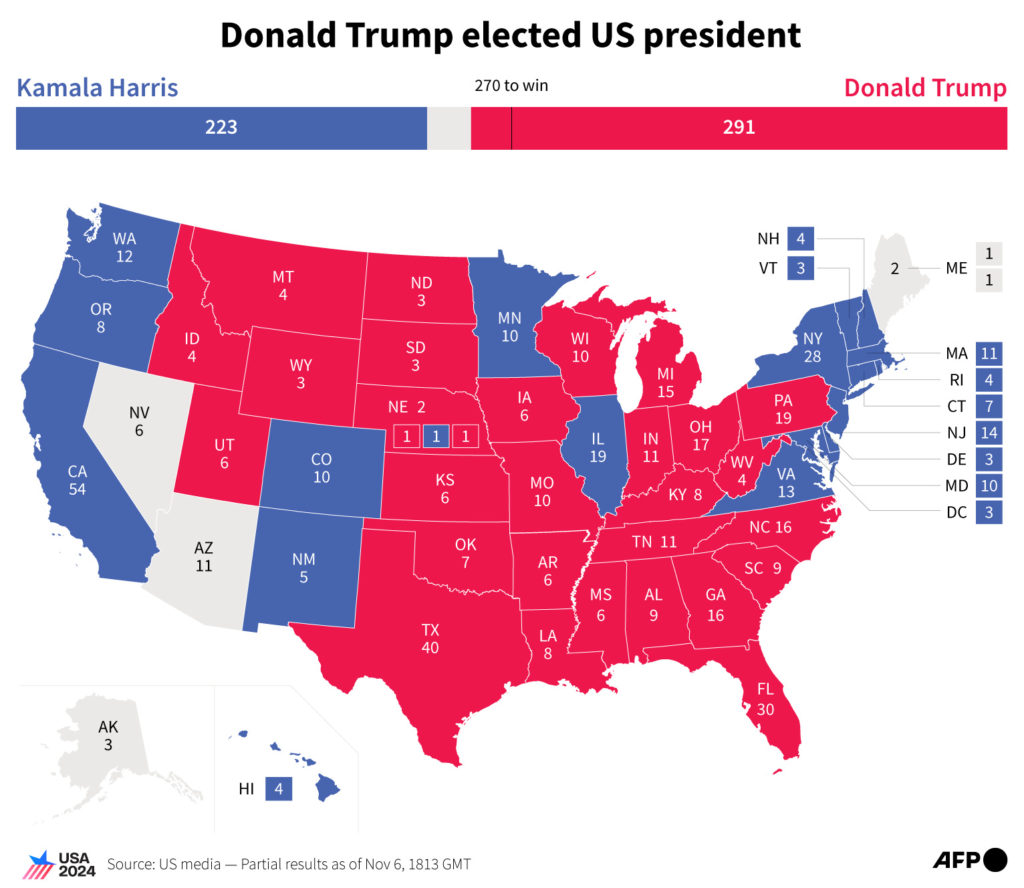Thousands of people protested at Italian ports and across towns and cities Friday against the introduction of one of the world’s toughest Covid pass regimes, but fears of widespread disruption failed to materialise.
More than 6,500 people demonstrated at the northeastern port of Trieste, according to local officials, although regional president Massimiliano Fedriga stressed “the port is working”.
Delays were reported at the northwestern port of Genoa, where about 300 people blocked an entrance, while small protests were held across the country against the extension of the coronavirus pass to all workplaces.
But the crowd numbers were limited and threats of blockades, economic chaos and even violence — after clashes between far-right activists and police in Rome last Saturday — failed to materialise.
From Friday, all workers must show a so-called Green Pass offering proof of vaccination, recent recovery from Covid-19 or a negative test — or face being declared absent without pay.
More than 85 percent of Italians over the age of 12 have received at least one jab, thus qualifying for the pass, but up to three million workers are estimated to be unvaccinated.
Some are against vaccines, some are afraid, while others — undocumented workers and foreigners notably — have reported difficulties accessing the nationwide vaccine programme.
They are now only able to work if they pay for their own tests either every 48 or 72 hours, depending on the type.
“It’s absurd, unconstitutional,” said Andrea, a 46-year-old pharmacist protesting along with several hundred others at Rome’s Circus Maximus.
“I’m on furlough and at the moment I don’t intend to get vaccinated for scientific, not political reasons,” he told AFP.
– Off sick –
There had been particular concerns about disruption in the freight industry, where a large minority of workers are unvaccinated.
Ivano Russo, director general of trade group Confetra, told AFP that out of a total of 900,000 truck drivers, couriers and warehouse staff employed by members of his lobby, “25 to 30 percent” do not have Covid certificates.
Dock workers in Trieste have threatened to go on strike indefinitely, despite being offered free Covid tests, and the protest there was one of the largest, with banners saying “Citizens not puppets” and “No Green Pass, No Discrimination”.
In Genoa, the small blockade caused some delays, but Ugo Patroni Griffi, head of the port authority in the southern city of Bari, said: “We can breathe a sigh of relief, everything is going well.”
There were however signs of other disruption.
At midday, Italy’s welfare agency recorded an increase in sickness reports in public and private firms of 23 percent on last Friday.
Meanwhile a trade union leader in Naples complained that local council staff had to use their own phones to check employees’ green passes, with multiple glitches.
– Vaccine boost –
Prime Minister Mario Draghi’s government says the pass will help prevent further lockdowns in Italy, one of the European countries hardest hit by the coronavirus pandemic.
The eurozone’s third largest economy is expected to record almost six percent growth this year after a devastating Covid-induced recession.
Business lobby Confindustria has been among the staunchest backers of the measure, which follows a similar initiative adopted in Greece last month.
Introduced in August, initially for museums and indoor dining, the pass has helped boost vaccinations — the government reported that first vaccine jabs were up by one third on Thursday compared to the beginning of the week.
Ahead of the extension of the Green Pass to workplaces, more than 560,000 certificates were downloaded on Wednesday and around 860,000 Thursday.
However, there are concerns there is not enough capacity for everyone who is not vaccinated to have regular Covid tests, raising the prospect of mass absenteeism from work.
Anyone caught in the workplace without a Green Pass risks fines ranging from 600 to 1,500 euros ($700 to 1,700), while employers can be fined 400 to 1,000 euros if they failed to carry out checks.

